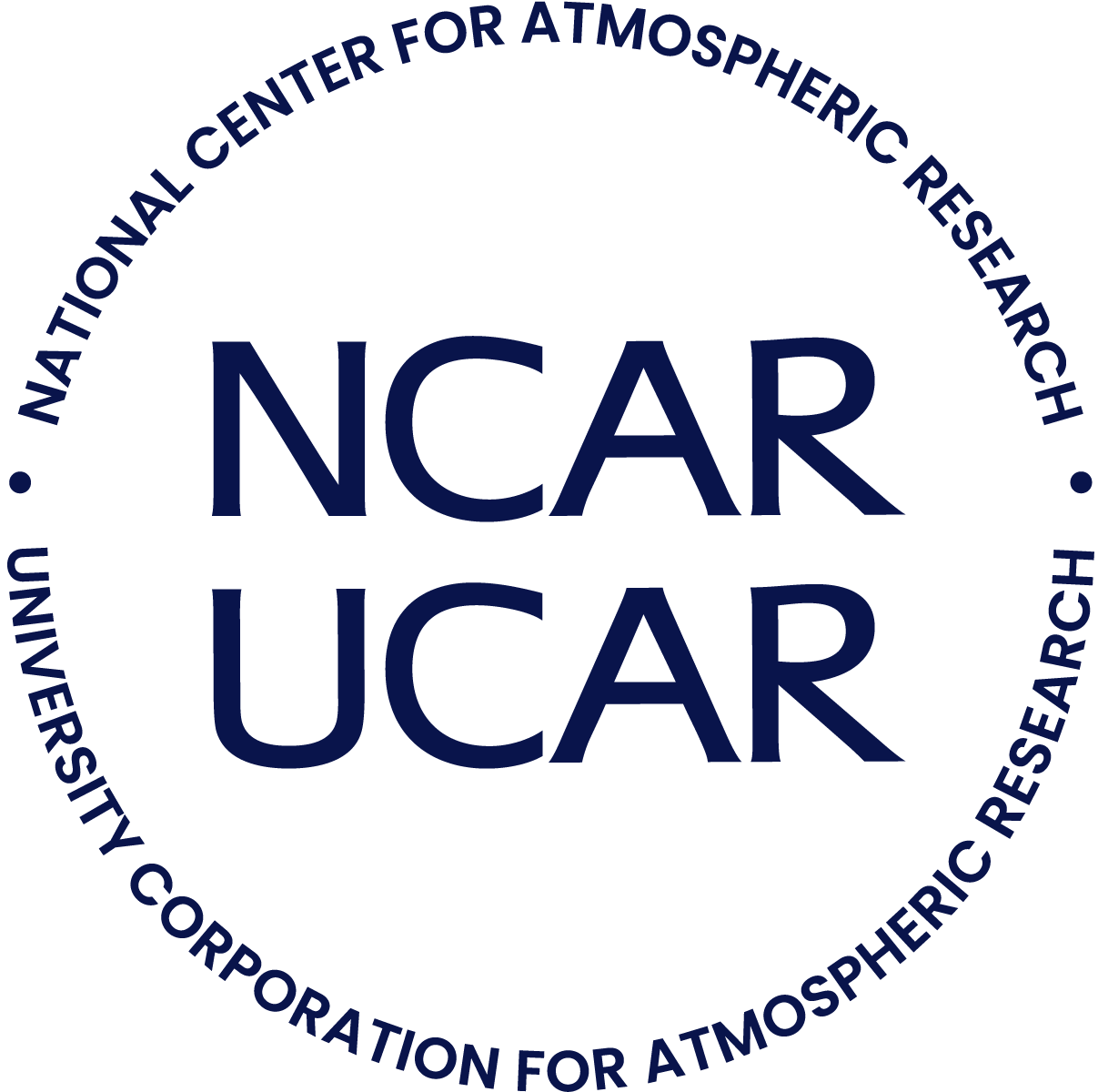-

Scientists use advanced computer modeling to project future urban heat
An advanced new computer modeling technique has enabled scientists to project the potential extent of climate change in the world’s cities.
- Climate
-
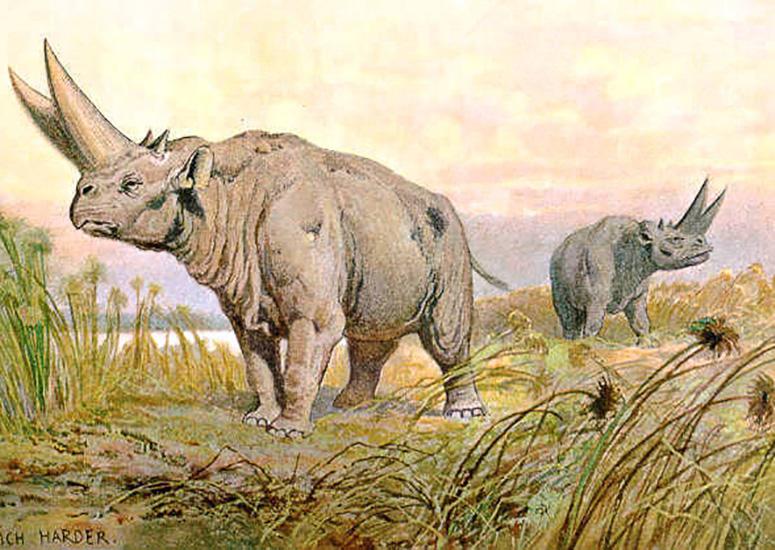
Past is key to predicting future climate, scientists say
In a review paper published in the journal Science, a group of climate experts makes the case for including paleoclimate data in the development of climate models. Such models are used globally to assess the impacts of human-caused greenhouse gas emissions, predict scenarios for future climate and propose strategies for mitigation.
- Climate
-
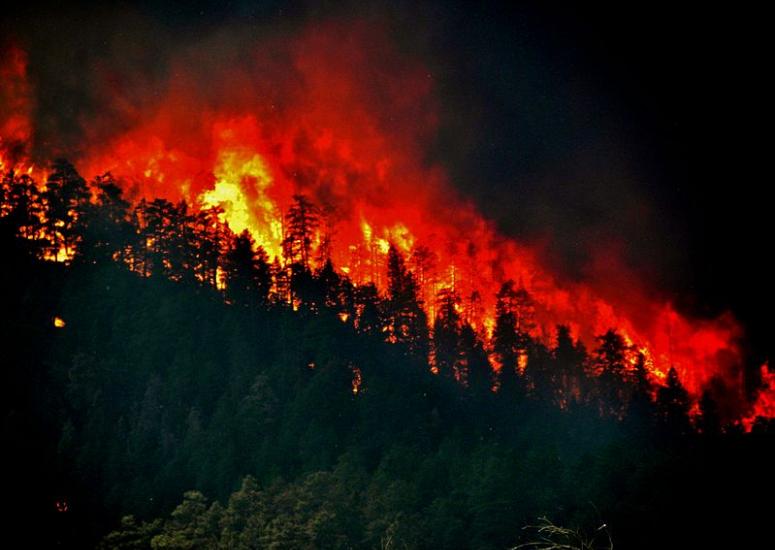
Predicting wildfire risks
With wildfires becoming a growing threat, the National Center for Atmospheric Research (NCAR) is supporting a major, university-led initiative to better forecast the destructive events.
- Air Quality,
- Climate,
- Weather
-
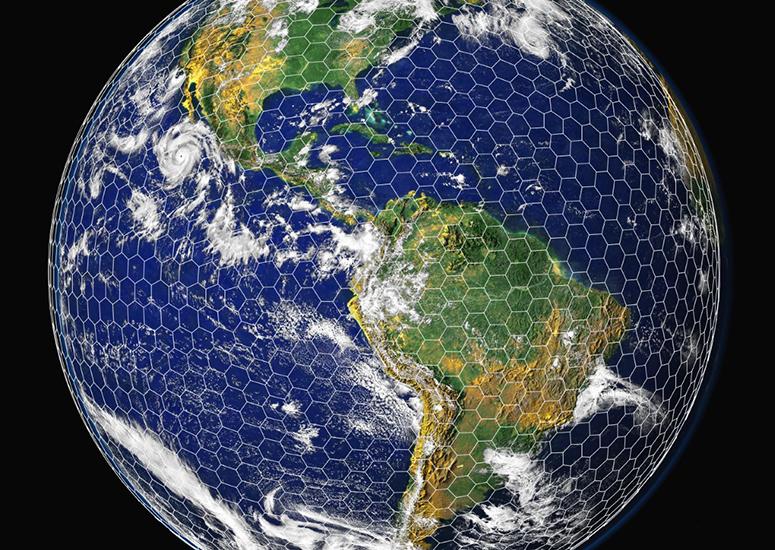
CSU, NCAR to develop high-res global model for community use
CSU will collaborate with NCAR to create a high-resolution version of an Earth system model used by scientists around the world. The National Science Foundation will fund the nearly $5 million, five-year “EarthWorks”project.
- Climate,
- Weather
-
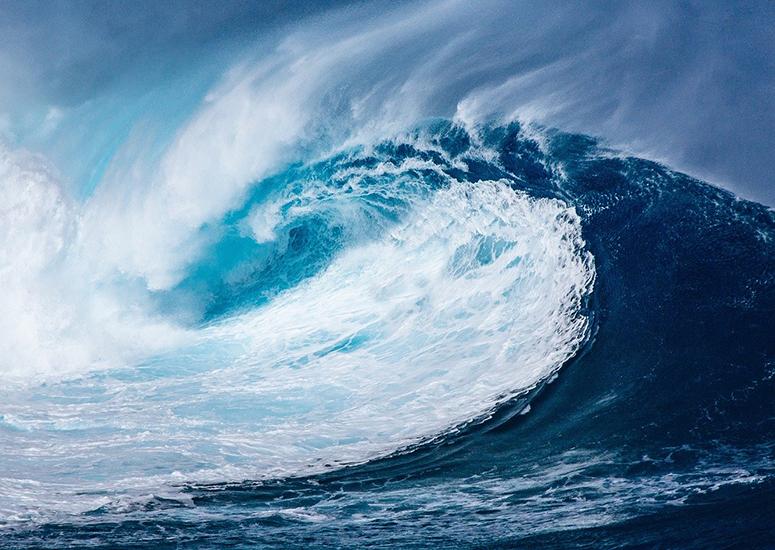
Climate change is creating a significantly more stratified ocean, new study finds
The decrease in ocean mixing could amplify warming due to human-caused climate change at the Earth’s surface, intensify ocean acidification, and impact the marine food chain, among other impacts.
- Climate

